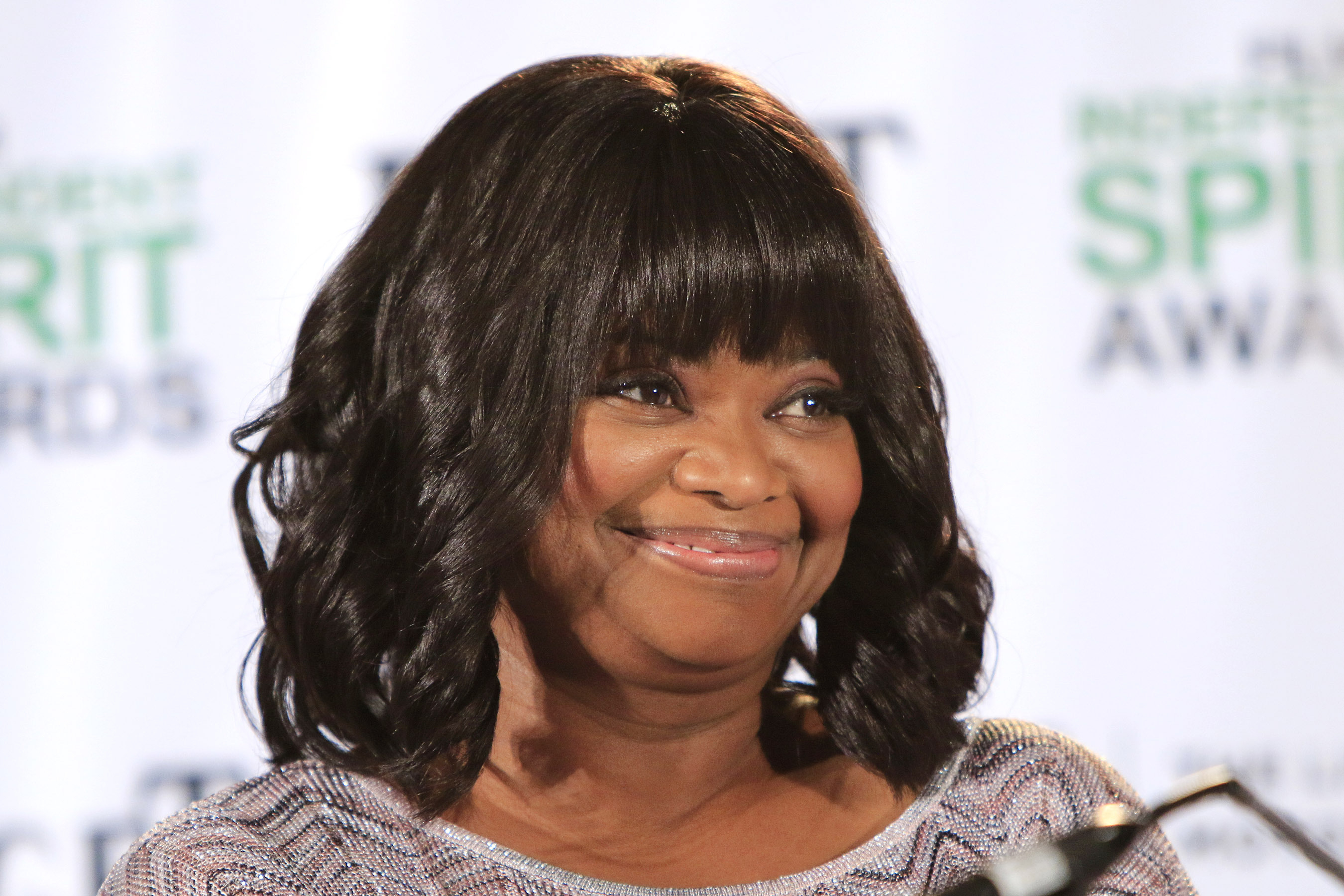How the Movies Reflected Real Life in 2016
By:
One of the greatest thrills of going to the movies is the ability to escape reality for just a few hours at a time. However, this year, for better or worse, cinema seemed to provide little refuge from the real world.
While there are ten pictures nominated for the top trophy at Sunday night's Oscars ceremony, three films have clearly emerged from the pack as the most notable and buzzed-about. And each one of them relevantly illustrates a specific aspect of the people and stories that defined the headlines of the past year.
Three Snapshots of Today’s Society
Damien Chazelle’s old-fashioned yet postmodernist musical “La La Land” stars Ryan Gosling as a jazz pianist and Emma Stone as an aspiring actress set across a glamorous, aestheticized vision of Hollywood. As well as being a joie de vivre musical, “La La Land” may well be the big-budget, exuberant summit of Millennial “mumblecore” movies about finding love, fulfillment, and an almost defiant happiness no matter what the economic conditions.
In Kenneth Lonergan’s “Manchester by the Sea”, Casey Affleck defines the “white working class male” from post-industrial America, who has been abandoned, shamed, and betrayed by life. The old-school macho, and inarticulate Lee Chandler (Affleck) is on the outs with his wife, has a dead-end job, and is looking after his late brother’s smart-assed teenage son, back in the desiccated, hollowed-out fishing town he left after an earlier tragedy.
Barry Jenkins’ “Moonlight” takes an equally unflinching look at grim subject matter and at the pressures of masculinity, but from a completely different point of view. His hero is a young, gay, black boy growing up in 1980s and ‘90s Miami drug and gang culture. “Moonlight” has been compared by critic Tim Grierson to an African-American “Boyhood," with our hero, Chiron, first seen as a young boy being abused and neglected by his crack-addicted mother, who is virulently homophobic towards any sign of “weakness” or effeminacy in her son.
The bullied, quiet, shy Chiron (nicknamed “Little” for his slightness of stature) is drawn into the cyle of drugs and violence, until being reunited with his only real friend from his high school days.
Oscars So White: One Year Later
After the controversies over inclusion and diversity that embarrassed the Academy of Motion Pictures Arts & Sciences last year, Oscars President Cheryl Boone Isaacs (herself the first African-American woman to head the Academy) vowed major changes. As The Hollywood Reporter noted in September, the most controversial one was the forcible revoking of voting privileges for many aged, retired, and inactive (in terms of their careers) members, to accommodate newer, younger, and more diverse membership.
 Joe Seer - bigstockphoto.com
Joe Seer - bigstockphoto.com
Whether these changes were directly responsible or not is open to debate, but the high Oscar profile of pictures like “Moonlight” — along with the more traditionally-styled and less arthouse-oriented “Hidden Figures” and “Fences," and several awards nominations to non-white like Denzel Washington, Ruth Negga, Naomie Harris, Octavia Spencer, Mahershala Ali, and Viola Davis — indicate that the Academy is consciously doubling down to focus on racial, gender, and sexual diversity.
Notable omissions
When the Academy announced its nominations in late January, two actresses were conspicuous by their absence. Multiple Oscar-nominee Annette Bening was overlooked for her almost universally-acclaimed role as a fifty-something feminist and single mom living in 1979 Southern California in director Mike Mills’ “20th Century Women." In Pete Hammond’s rave review in Deadline, he said that even surrounded by this level of female talent, Bening’s tour-de-force performance “carried” the picture.
Another surprising snub was that of Rebecca Hall, who collected many deserved plaudits this past year for her take-no-prisoners performance as tragic real-life news anchorwoman Christine Chubbuck (who committed suicide on the air of her own news show in 1974), in Antonio Campos’ grim character study "Christine." Hall’s performance as the ambitious, short-tempered, fiercely intelligent (but tragically un-self-aware) reporter, starving for love and respect, also received raves across the spectrum. The Guardian called Hall’s performance “extraordinary” and “superb”, and Manohla Dargis in The New York Times saying Hall “took possession” of the role so thoroughly she became “the reason you keep watching.”
A meditation on refugees
 Flickr/European Commission DG ECHO - flickr.com
Flickr/European Commission DG ECHO - flickr.com
Among Best Picture nominees, by far the most surprising omission was living legend Martin Scorsese’s longtime passion project “Silence,” an adaptation of a 1966 Shusaku Endo novel starring Andrew Garfield and Adam Driver as Jesuit missionaries in 17th century Japan. In the film, the Tokugawa shogunate has made Christianity an illegal “thought crime” against the state, and outlawed all evangelism or public expressions of the faith, which were made punishable by gruesome torture and death. This was their sort of “final solution," to prevent an all-powerful Catholic Church (with almost all of Europe at its disposal) from “whitewashing” Japanese and Asian traditions and cultural unity out of existence.
Despite being selected by the American Film Institute as one of the Ten Best Pictures of 2017, and overwhelmingly positive reviews, the film’s ballistically political subtext in the Trump era may have made the movie too hot to handle. In her unambiguously thumbs-down review for MTV.com, critic Inkoo Kang noted that the movie frankly echoed the national conversation America is having right now with its Muslim population – the choice between banning refugees coming from what is perceived as an alien, proselytizing, and unassimilated culture versus religious tolerance. Taken from this POV, “Silence” is also a potent metaphor for the clash between freedom of speech absolutism versus the need to protect against (and even “silence”) speech deemed harmful.
Given the subtle, and not so-subtle, political sub-text of this year's films, the Oscars may represent less of an escape from reality than it does an even deeper exploration of it.
